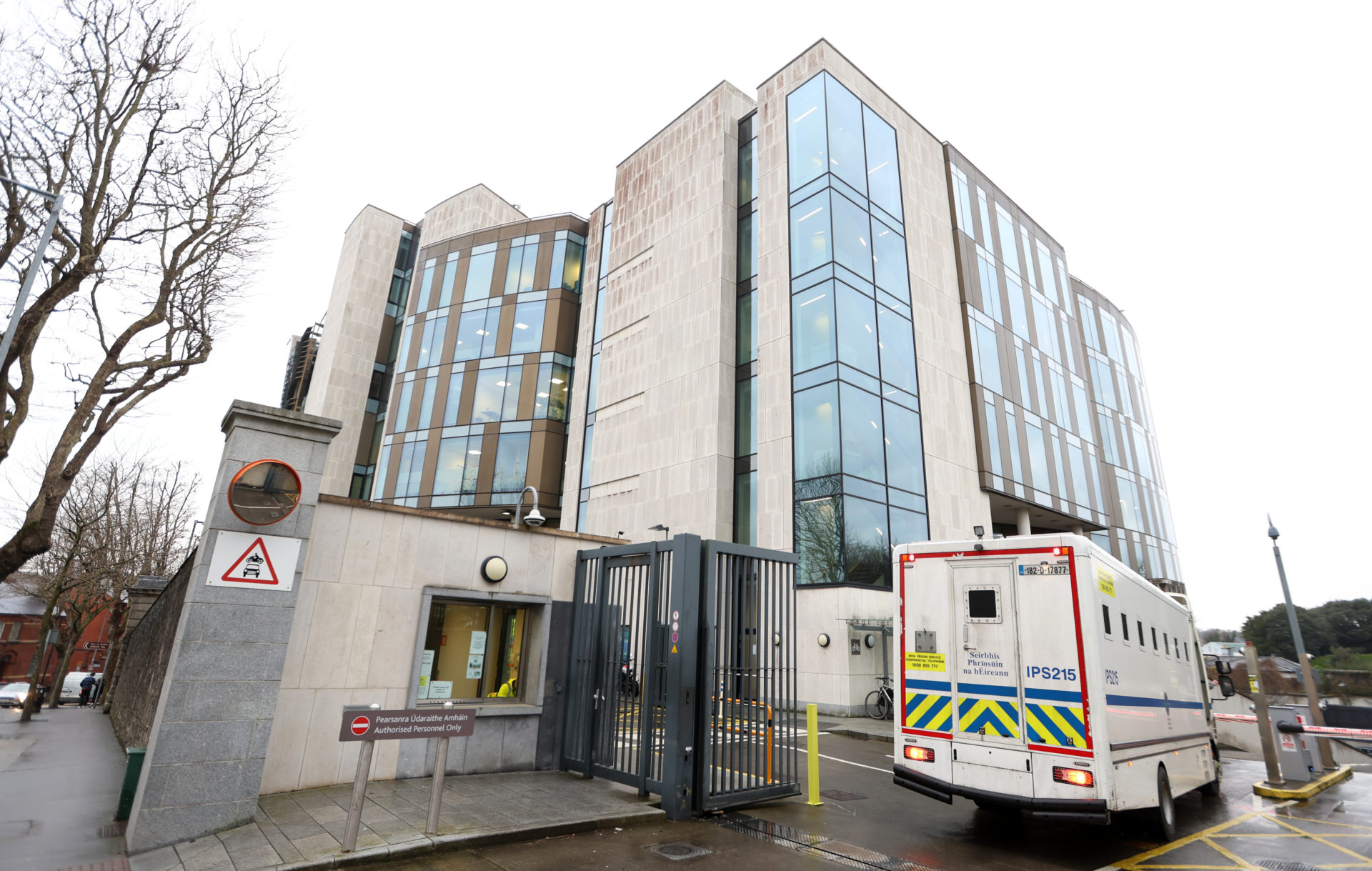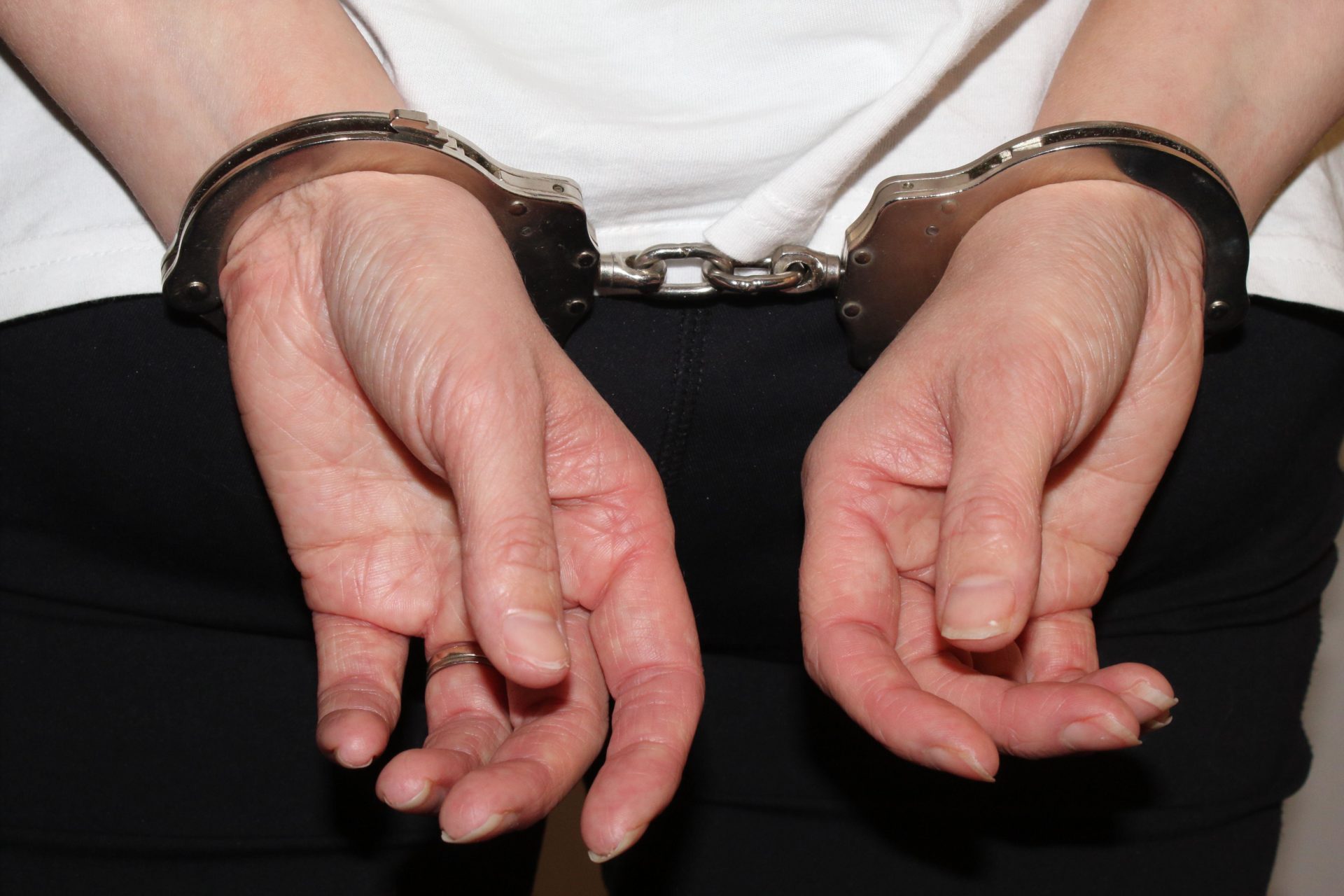A “large number” of the people in Irish prisons have mental illnesses and are there for “very minor offences”, an expert in psychiatry has warned.
In 2024, there were close to 4,800 people in prison in Ireland for a whole range of offences.
On Moncrieff, Psychiatry Professor Brendan Kelly said that prison is not a “good place” for someone with mental health difficulties.
“It is not a therapeutic environment but what Professor Gautam Gulati and myself are concerned about is that large numbers of people with mental illness are ending up in our prisons for very minor offences,” he said.
“Offences for which other people without a medical condition would not end up in prison.
“Of course, prison is not a therapeutic place; it’s not a place for recovery or healing.
“There are clinical staff and psychologists who work very hard but prison is simply not a place to be if you are mentally ill.”
 A prison vans arrives at the Central Criminal Courts. Picture by: Sasko Lazarov/© RollingNews.ie
A prison vans arrives at the Central Criminal Courts. Picture by: Sasko Lazarov/© RollingNews.ieProfessor Kelly said a great many of inmates with mental health problems are not hardened criminals but people who have committed public order offences.
“I’m not saying people should get off scot free when they might have offended,” he said.
“What I am saying is that sometimes the fact people end up in prison is a tribute not to their offence but the fact they are ill or unable to give an account of themselves.”
Professor Kelly warned that a custodial sentence can sometimes do more harm than good.
“We know that for people with mental illnesses who end up in prison, the chances of reoffending are much higher than if they end up, say, being treated in the community or being treated in a regular rehabilitation unit,” he said.
“So, prison doesn’t help in terms of treatment, it doesn’t help in terms of reoffending and - despite the best efforts of some really dedicated prison staff - it can also lead to homelessness - which causes further social exclusion in the end.”
 An arrested woman stands with her hands in handcuffs. Picture by: Alamy.com
An arrested woman stands with her hands in handcuffs. Picture by: Alamy.com Although he warned that resources for the criminal justice system are “very sparse”, Professor Kelly said there are things the Department of Justice could do to help people with mental illnesses.
“One of the best resources we could invest in are called diversion schemes,” he said.
“That’s when you actively identify at the time of offence or committal someone with a mental illness who does not need to be in prison for the purpose of their offence and direct them to psychiatric care.”
You can listen back here:
Main image: A prisoner in handcuffs arriving at The Four Courts in Dublin. Picture by: Leon Farrell Photocall Ireland.









